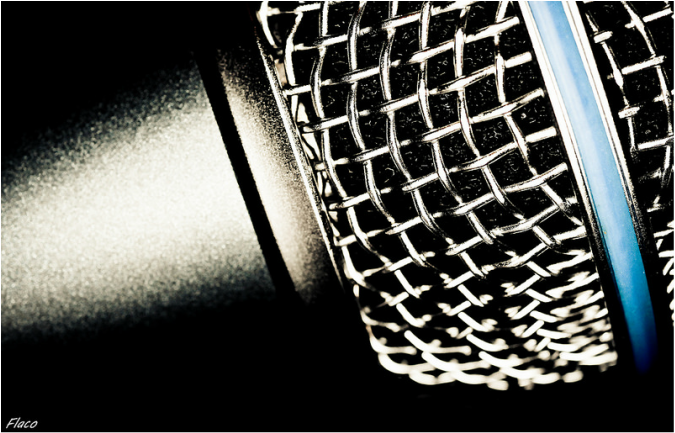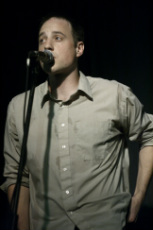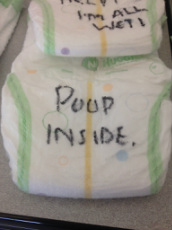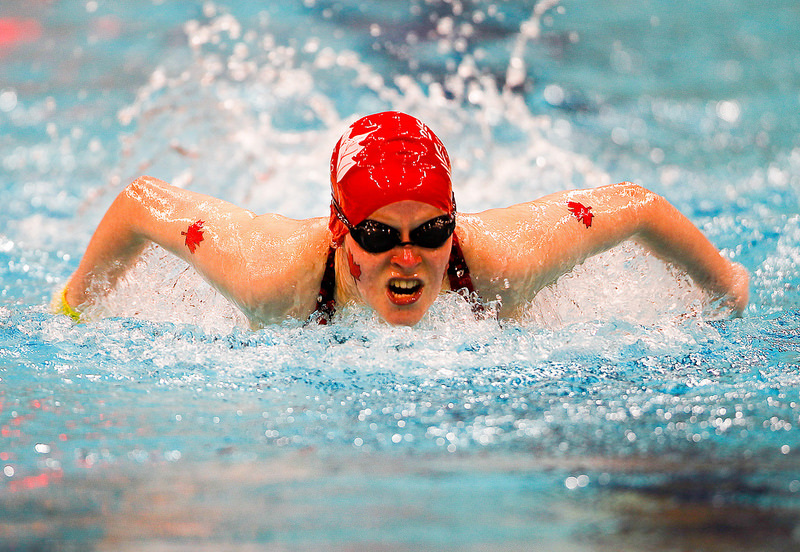What is a poetry slam? What is spoken word?Excellent questions! Wikipedia and other sources lean their descriptions of poetry slams toward being a competition where artists or writers perform their pieces on stage for an audience of judges. Without a doubt, that's a big part of it. A notable difference between a 'poetry slam' and a 'poetry reading' is the execution, which tends to incorporate drama and performance rather than the traditional soft-spoken delivery. The art is also referred to commonly as 'spoken word' because of its focus on tone and language. But while this information could be used to casually answer the questions on hand, I'd actually like to provide you with a lens into another dimension of slam poetry: behind and inside the scene. But first, a little history of slam poetry...When you think about the connotations of the term 'poetry' in society, it's almost poetic irony that the first modern day poetry slam was initiated by a construction worker in Chicago. In 1984, Marc ("so what") Kelly Smith initiated the Slam Poetry movement in a jazz lounge called "Get Me High" by running an open mic night (which some considered as giving the proverbial middle finger to snooty, boring poets). You can see some of Marc's work and get a feel for some slam poetry here. The movement rapidly grew and has since only evolved slightly as generations would dictate. Poetry slams take place on the local, national and global scales, so whether you're looking for a NFL-sized audience or a quaint, more private setting, you can likely find a slam to appease. A couple good resources to find slams in your area are Poetry Slam, Inc or America Scores, and if you're located in New York, here are some popular venues. If you want your own poetry "heard" online, I also recommend checking out my reader submitted poetry, or Power Poetry. Now, my take... What a poetry slam is, in my eyesPoetry Slams captivate crowds; they evoke emotion and draw identification from the audience. As a spoken word artist, however, I completely avoid writing for any crowd (yes, the performance is for the crowd - that's why its deemed as performance poetry. But the words, the story, the message - that's for me). Writing is my release. Rather than sit back and let society dictate what we should do, say and feel, slam poetry gives me the opportunity to be unorthodox, to get absolutely raw and share my spectrum of issues, experience and emotion. This doesn't necessarily mean 'slam' should be analogous to rebellion, but most slam poets shoot from the hip; its seldom that a versed slam artist doesn't take chances with their work. As a spectator, slams will always bring an element of the unexpected. Have you ever seen a 40 year old Wall Street executive throw a crowd-pleaser about being gay? Or a skinny white kid shamelessly drop Eminem-caliber verses about addiction with no beat? How about a South Bronx native with a rugged disposition sharing what the smell of daisies reminds him of? Slams are a perpetual mystery, they are the ace up the sleeve of a man with no shirt. When you do end up at a slam, it's fortuitous - there will always be a piece that grabs you by the collar and pulls you closer, breathes hot words in your face that resonate and kick up feelings. It's no accident... As a participant, the story is quite different. For 3 minutes, any image maintained on a regular basis must depart from my physical self as a mutually exclusive carbon copy of my soul takes center stage. You might have heard performers talk about the excitement, the rush of emotion and elation before getting on stage, but I can tell you I felt none of this. It was fear. Hesitation. Self-doubt. Angst. Why was I doing this? Because the truth is, this was more than just a performance and I was not getting on stage to "act"; I was getting on stage to actually be myself which is something that I, along with most humans, normally avert. The first time I ever 'slammed' (performed Intro at The Bowery Poetry Club), I nearly hurled as I waited for my name to be called. When it was finally called, I entered an alternate reality as I floated to the stage. Facing the crowd, I was blinded by the spot halogens and immersed in shaky nerves. My voice cracked when I opened my mouth the first time, so I paused, shook it off and had to make a decision on a dime, a decision to just go for it. I'd practiced my piece; I knew how to deliver on stage like it could never be read on page. It was go time. Halfway through I was in tears because of the emotion and honesty tied to my poetic story, but the anecdotes and allegory were metaphoric anchors to my memoirs and the crowd understood that I was pouring my soul to them. I got reactions. I got applause and oohs and laughs and nods of appreciation and identification throughout the performance. I got snaps! When I hit strong metaphors and correlations I knew that the crowd was "feeling me" and it made me dive deeper. I transformed during this performance. I dropped all inhibitions and was no longer the semblance of anything I strive to be; I was myself. Upon my final line the crowd roared and jumped to their feet - something they did not do for the other performers, though that's not to say anything bad about the other pieces, only to say that I brought the competition to a new level that night. First place. No tangible prize, but the slam community had a new member and fanatic. If you wanna explore the world of slam poetry a little more, you can check out some of these blogs:
2 Comments
|
Some of my most respected slam poetry influences:
Big Poppa E
Mike McGee Sarah Kay Beau Sia Taylor Mali Saul Williams Jill Scott Alix Olson Scott Woods Jeanann Verlee |



